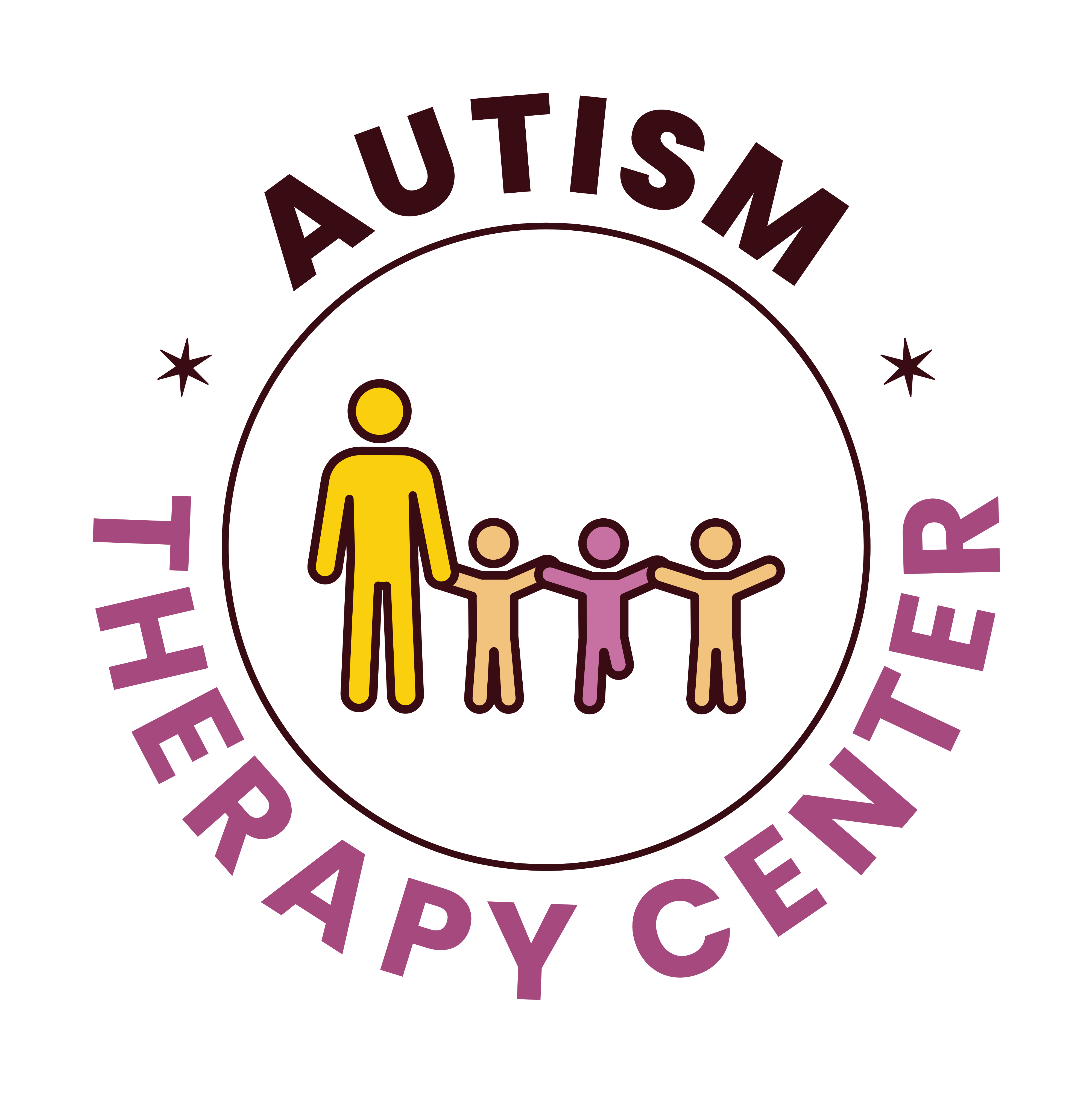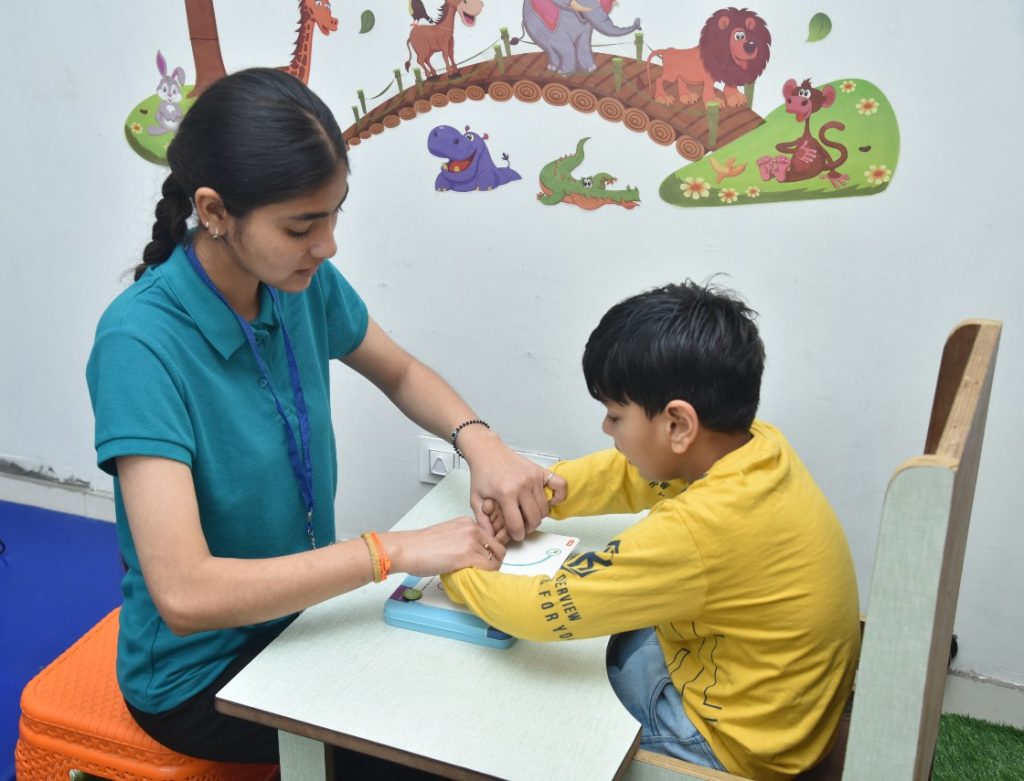What is Autism

Extreme sensory sensitivities

Repetitive Behaviors

Resistance to change

Communication & Social interactions

Unusually strong attraction to objects/special interests

Accompanied by intellectual impairment
About Autism spectrum disorders
The term collectively referred to as autism spectrum disorders (ASD) are varied. Their inability to communicate and interact socially is one of their defining characteristics. Extraordinary behavioural patterns, including trouble switching from one activity to another, an obsession with minutiae, and peculiar responses to feelings, are among the other traits.
People with autism have different abilities and demands, and these might change with time. A significant number of individuals with autism require lifetime care and support, whereas others with the disorder are able to live freely. Education and career options are frequently impacted by autism. Families who provide care and support may also face heavy pressures. The quality of life for individuals with autism is significantly influenced by societal views and the degree of support offered by local and national authorities.
Along with hard behaviors including trouble sleeping and self-harm, people with autism frequently co-occur with disorders such as epilepsy, depression, anxiety, and attention deficit hyperactivity disorder. Individuals with autism spectrum disorders have a wide range of intellectual functioning, from significant disability to excellent levels.

Need Our help ?
Call us at 9915234432 or email us
Things Not To Do
Neglecting Individualised Approaches
Don't assume that all autistic children will benefit from the same kinds of interventions. Take into account the individual needs and strengths of each kid while designing interventions.
Overloading on Therapies
Take care not to give your youngster too many therapies at once. To avoid burnout, it's critical to find a balance and give quality precedence over quantity.
Ignoring Self-Care
As a parent or caregiver, never forget to look after yourself. Making time for self-care is important to prevent burnout and preserve your wellbeing because balancing therapy can be taxing.
Neglecting Collaboration
Remember to work together and communicate with the teachers, therapists, and support system for your child. Cooperation increases the effectiveness of interventions and assures consistency.